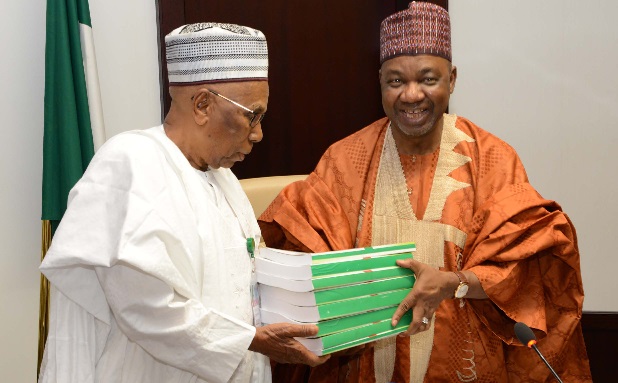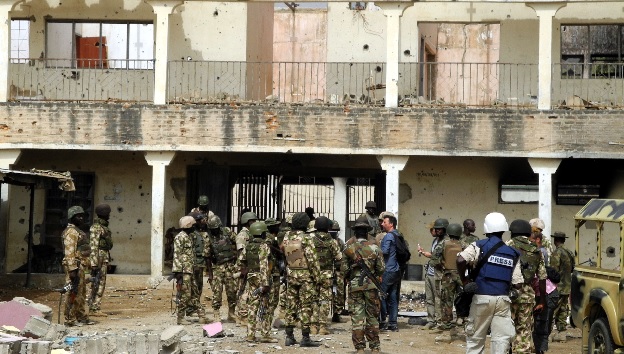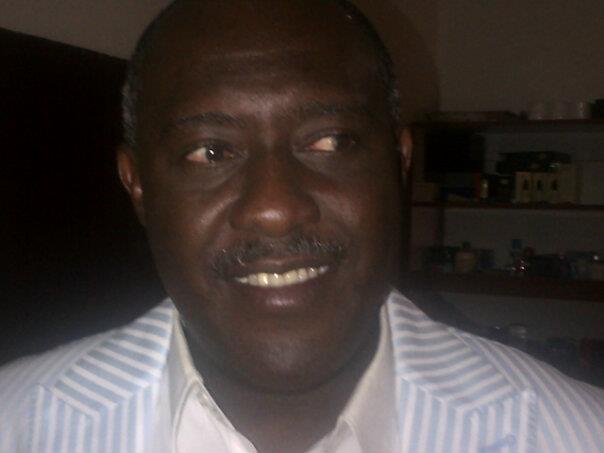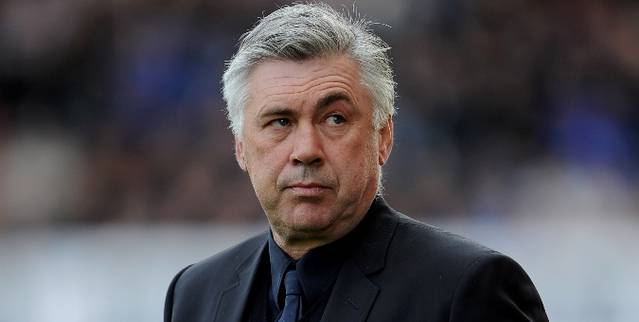The lingering scarcity of petroleum products in the country, which caused five litres of fuel to be sold between N4,500 and N5,000 on Monday, has forced Nigerians to source the product from Cotonou, capital of Benin Republic.
Nigeria, which is the world’s sixth largest oil producer, has been in fuel crisis for more than two weeks.
Petrol sold between N400 and N500 per litre along the Lagos-Badagry expressway on Monday and black marketers claimed they sourced the product from the neighbouring country, which does not produce oil.
Hundreds of passengers were stranded at bus stops while vehicle owners groaned under the high price of the products occasioned by the ongoing strike by petroleum marketers.
Advertisement
A petrol hawker, who identified himself as Simpson Samuel, told journalists that he bought five litres from Cotonou and resold it for N5, 000 in Lagos.
“I purchased this fuel for 800 Cedis a litre, which is equivalent of N3,500,” Samuel said.
“We have been at filling stations along this Badagry road, but we did not get fuel.
Advertisement
“Some of our colleagues directed us to Cotonou and that is where we bought these ones. Many people who have also gone there cannot buy because of the rush by our people.”
In other parts of Lagos, some black marketers sold at exorbitant rates. At a filling station located at Agric bus top, along the Badagry expressway, fuel sold for N300 per litre.
Francis Johnson, general secretary, Petroleum and Natural Gas Senior Staff Association (PENGASSAN), advised the incoming government to declare a state of emergency in the oil and gas industry.
Johnson attributed the leakages in the nation’s revenue to the importation of refined petroleum products.
Advertisement
He added that the situation was creating job opportunities in the nations where Nigeria refine the product and creating unemployment for Nigerians.
Johnson said the continued importation of refined petroleum products was putting the naira under pressure and creating social problems for the economy.
He added that there was a need for stakeholders to meet and fashion out a strategy to adopt in stopping the importation of petroleum products.
Ifeanyi Ubah, managing director of Capital Oil, had earlier promised to release 13 million litres of fuel.
Advertisement
He also promised to release 70 million litres subsequently, while denying knowledge of the ongoing strike by petroleum marketers and tanker drivers.
Ubah said it was sad that Nigerians, especially healthcare service providers, were suffering because of the scarcity.
Advertisement
Add a comment






